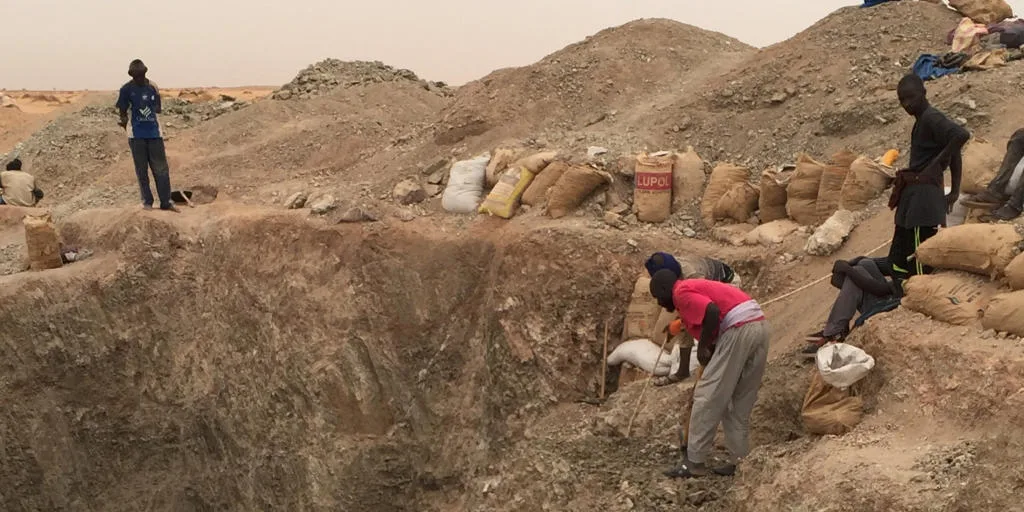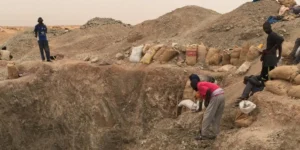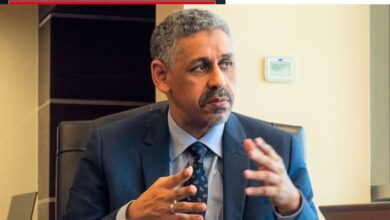
 NOUAKCHOTT, Mauritania – « Count the trucks, » mutters port worker Sidi as Chinese vessels load iron ore at midnight. « Then check official records. Numbers never match. »
NOUAKCHOTT, Mauritania – « Count the trucks, » mutters port worker Sidi as Chinese vessels load iron ore at midnight. « Then check official records. Numbers never match. »
Last Thursday, I watched 32 trucks empty their red cargo. Port documents showed 18.
This gap mirrors a decade of plunder in Mauritania’s mining sector. We uncovered harsh truths by working through dusty files in ministry basements, talking to haunted whistleblowers, and tracking dead men’s leads.
Mining losses skyrocketed yearly:
2014: 320 million dollars vanished. Five significant bribes were exposed.
2018: 780 million gone. Eighteen cases buried.
2023: 1.5 billion stolen. Twenty-eight scandals. Nobody jailed.
« Look deeper, » urged former inspector Ahmed, now hiding abroad. His files revealed more:
Unreported exports soared. Chinese ships left heavy and arrived light. Paper trails vanished.
2014: Missing 15% of minerals
2023: Missing 42%
Total stolen: 8.67 billion dollars. Enough to rebuild every hospital, school, and road.
« My village drinks poisoned water, » says cancer patient Mariam. « Their bribes killed my family. »
The worst year? 2023. Three deadly facts emerged:
Shipping fraud exploded. Port records showed half-empty vessels. Satellite photos caught them overloaded.
Mining permits sold cheap. Worth billions, given for millions. Money vanished offshore.
Environmental fines disappeared. Companies polluted freely. Villages died slowly.
Some fight back. Young lawyer Aminata risks death gathering proof. Port worker Sidi counts trucks at midnight. Former minister Ahmed writes evidence from exile.
They suggest complex fixes:
Track minerals digitally. Let villages monitor mines. Protect whistleblowers. Jail bribe-takers.
Cost? 120 million dollars.
Savings? Over a billion yearly.
« Change comes or we die, » says Mariam, clutching hospital bills. « Our children deserve better. »
Tonight, more trucks roll forward. More lies fill ledgers. More wealth bleeds away.
But now we know the truth. The question remains: Who will stop the plunder? From the killing fields of Mauritanian mining






